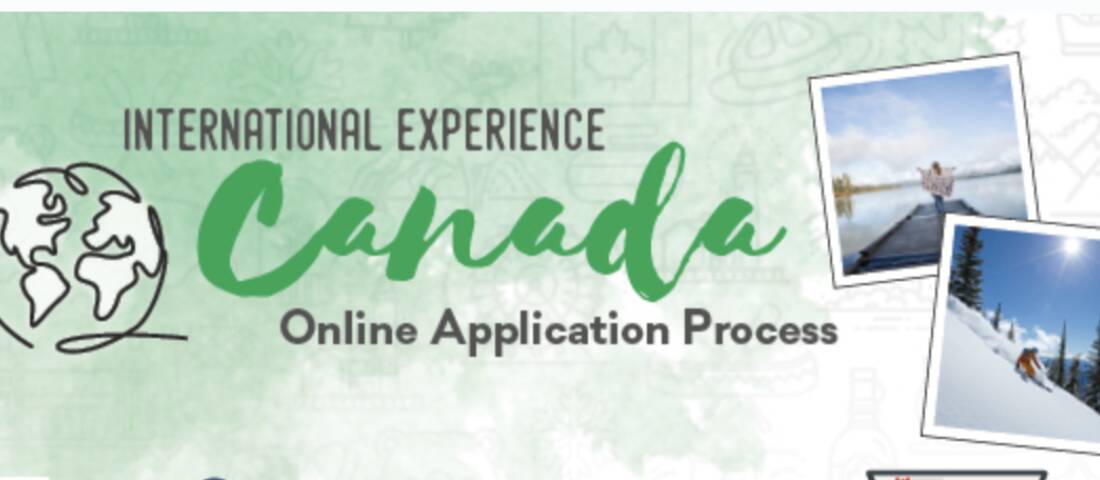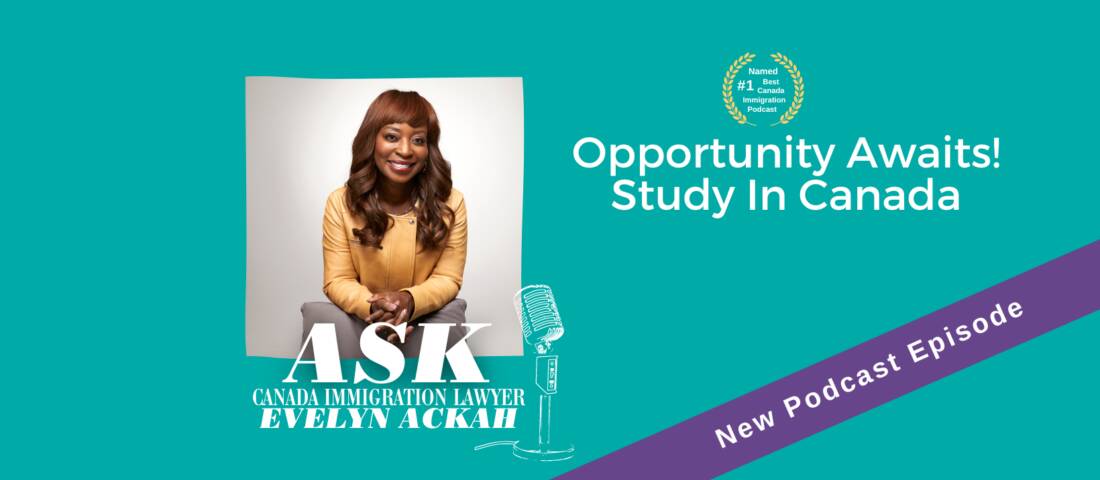New research indicates that a recent increase in Study Permit refusals may be due to AI: artificial intelligence programs or 'bots' that electronically scan the application and make risk analysis decisions based on the qualifications and eligibility of the applicant.
According to The Star, an analysis of study permit refusals shows that:
officers reveal only generic analyses based on cookie-cutter language and often have nothing to do with the particular evidence presented by the applicant.
Chinook: Canada Immigration Artificial Intelligence Program
In March 2018, Canadian immigration officials implemented Chinook, a Microsoft Excel program to process visitor visas, work permits and study permits. Chinook was developed in-house to help IRCC (Immigration, Refugee and Citizenship Canada) manage the growing number of immigration applicants and its burden on the current 17 year old Global Case Management System (GCMS).
During a court case appealing the refusal of a Study Permit, an immigrant official submitted an affidavit explaining how Chinook was created and functions in reviewing applications:
"Chinook was built to save decision-makers time in querying GCMS for application information and to allow for the review of multiple applications.”
53% Study Permit Refusal Rate in 2020
With the government's goal to increase immigration, there is also an increase in immigration applications. According to data in The Star, the refusal rate of student permit applications went from 31% in 2016 to 34% in 2018, the year Chinook was launched. The trend continued in 2019 to 40% and reached 53% last year.
An Immigration lawyer can troubleshoot your Study Permit application, and advise you on the best options for success. If your Study Permit is refused, an experienced Canada immigration lawyer can appeal the decision and help you get the best possible outcome for your case. Canada immigration lawyer Evelyn Ackah said recent studies found that
The Risks Of Bot Review of Immigration Applications
When a bot reviews an immigration flag, it is looking for specific words and phrases to flag as an indicator of the applicant's eligibility. The red flags are risk indicators, and one or more red flags can easily result in an immigration officer choosing an arbitrary refusal such as,
not satisfied that you will leave Canada at the end of your stay
If the application is manually reviewed by an immigration officer, they undergo a "reasonableness standard" that includes more facts than if the Study Permit is reviewed by a bot.
Was Your Study Permit Denied? Book A Consultation
Do You Want to Study In Canada?
It can seem very easy to DIY a Study Permit and submit your application to study in Canada without the help of an immigration lawyer. Our experience means we can identify potential problems in your application and advise you on your best options. Our experienced immigration legal team delivers proven and effective immigration law solutions to our clients, and we offer flat fee pricing for most immigration cases, so our clients are never surprised or caught unprepared.
Contact Ackah Business Immigration Law today at (403) 452‑9515 or contact@ackahlaw.com.








